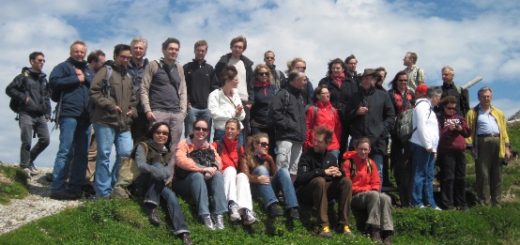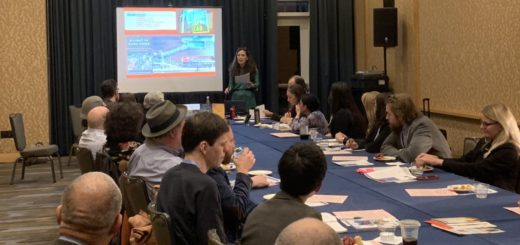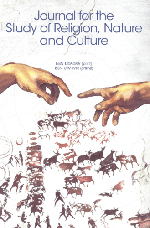CFP – MYTH, RITUAL AND PRACTICE FOR THE AGE OF ECOLOGICAL CATASTROPHE
ISSRNC is sharing this CFP on behalf of the European Forum:
The European Forum for the Study of Religion and the Environment
MYTH, RITUAL AND PRACTICE FOR THE AGE OF ECOLOGICAL CATASTROPHE
Proposals will be accepted until 31 October, 2023
Click here for the Call for Papers and Conference Description
Calls for truly ecological societies have grown increasingly urgent. While debate continues regarding what to call such approaches – Gaian, dark green, biocentric, more-than-human? – it also remains unclear what role, if any, religion can and should play in moving toward and grounding new ecological civilizations.
This conference will explore the many questions that arise from the apparent continuing philosophical and scientific indigestibility of mythology, ritual and practice. Ecological, cosmological or Gaia-logical mythology, ritual and practice has been recommended and concocted by activists, artists, and scholars as ways to address the environmental crisis, especially in industrial and post-industrial societies. Some argue that these modalities are or could be more persuasive than secular and/or rationalist analysis and critique. There is little agreement about whether an ecological society demands rituals and practices. From one perspective it can be said that contemporary scholarly analyses (Haraway, Latour, Stengers, Descola, Mary-Jane Rubenstein’s Pantheologies, etc.) comprise today’s form of ecological myth. Some insist that ecological, cosmological or Gaian myth, rituals or practices be atheological (that is, metaphysical theology or theocentrism is inherently not deep-ecological or ecocentric) or posit a meaningful difference between the myths of “major religions” and “indigenous” cultures. In this view, ecological civilization seems to demand that contemporary societies “become indigenous” (James Clifford, David Chandler and Julian Reid, among others). Yet many ecological myths, practices and rituals draw on neither indigenous cultures or world religions, while world religions certainly offer ecologically-oriented approaches. Are there bases for considering or evaluating the skill or usefulness of ecological rituals, practices and myths? How have religious or spiritual environmentalists created ecological myths, rituals or practices? How might they? What artists, artistic works or modalities or works of popular culture stand as noteworthy examples? How have religious communities and individuals collaborated with thinking for the future and utilizing the past? How do scholars and practitioners alike navigate power-laden questions of appropriation, colonization, and privilege when addressing these matters?












